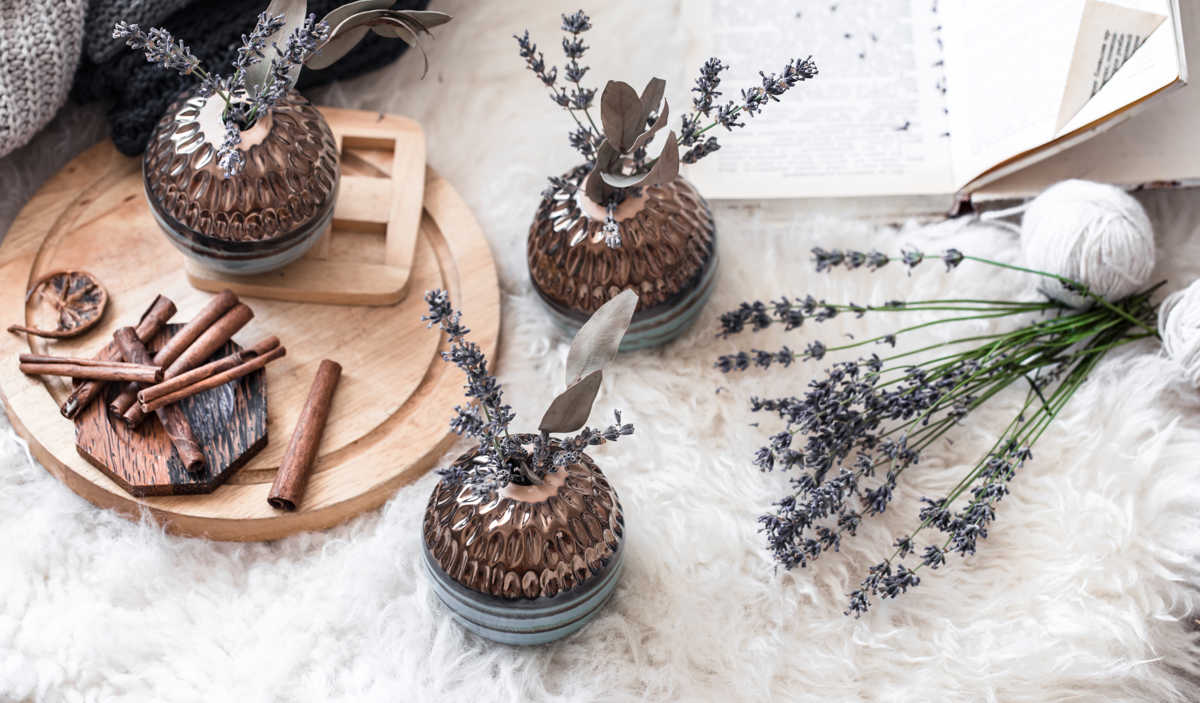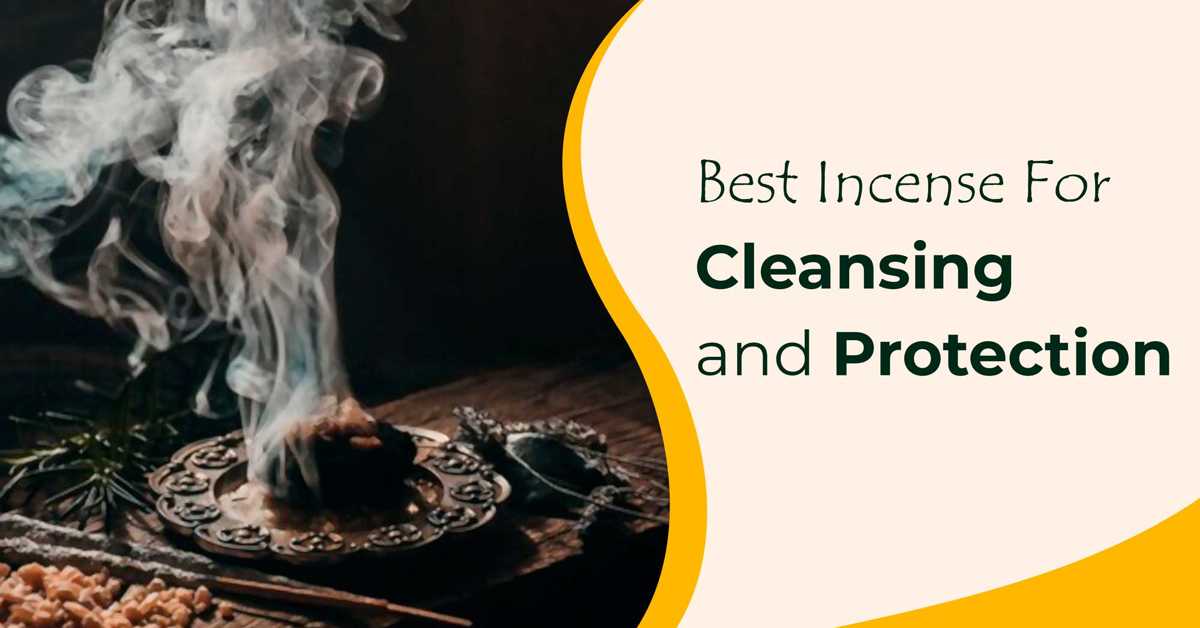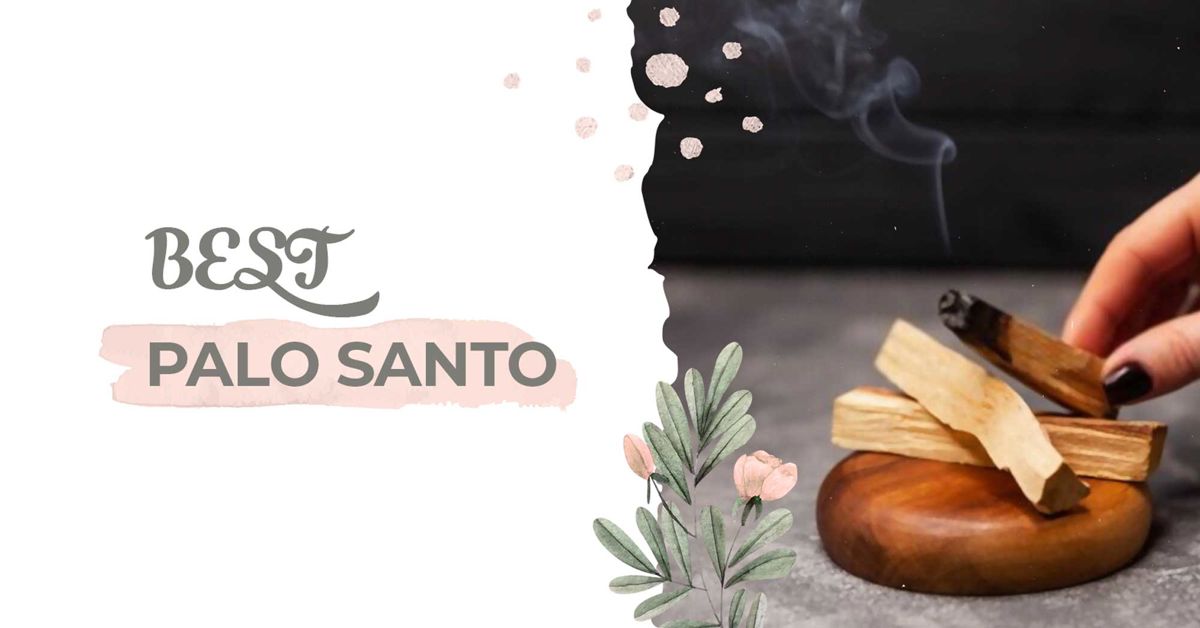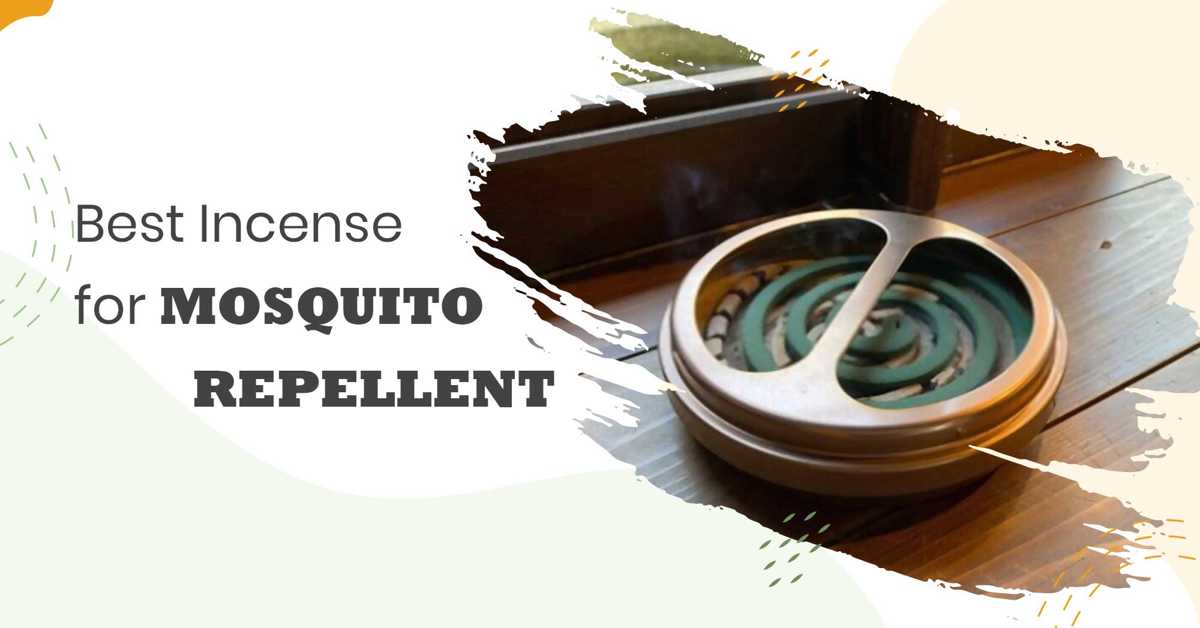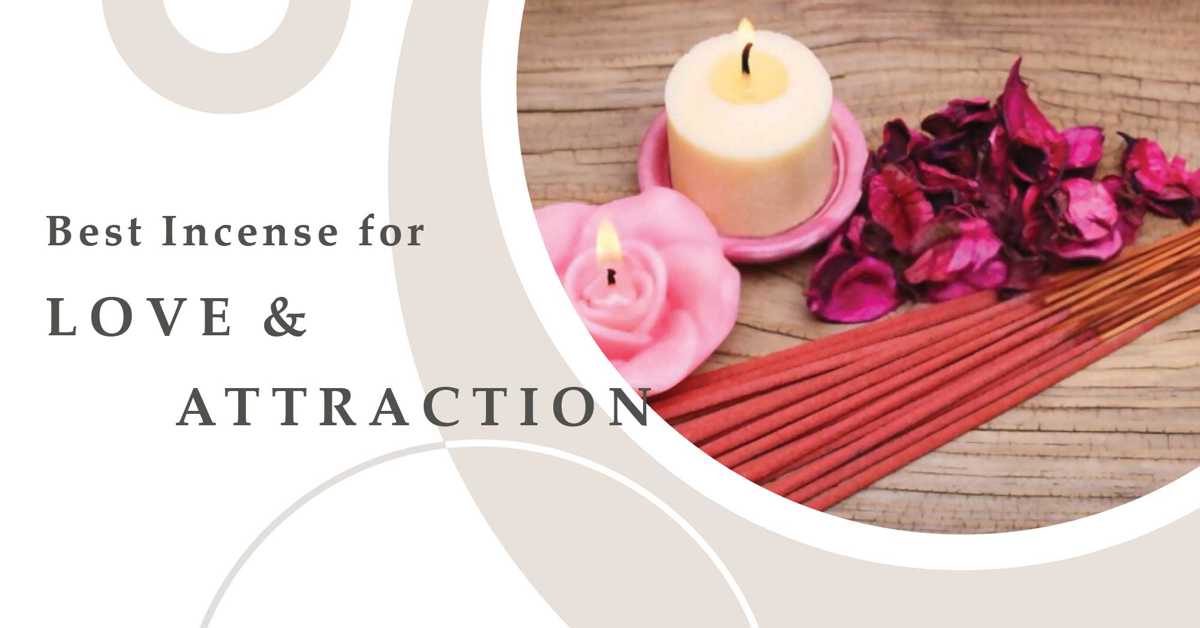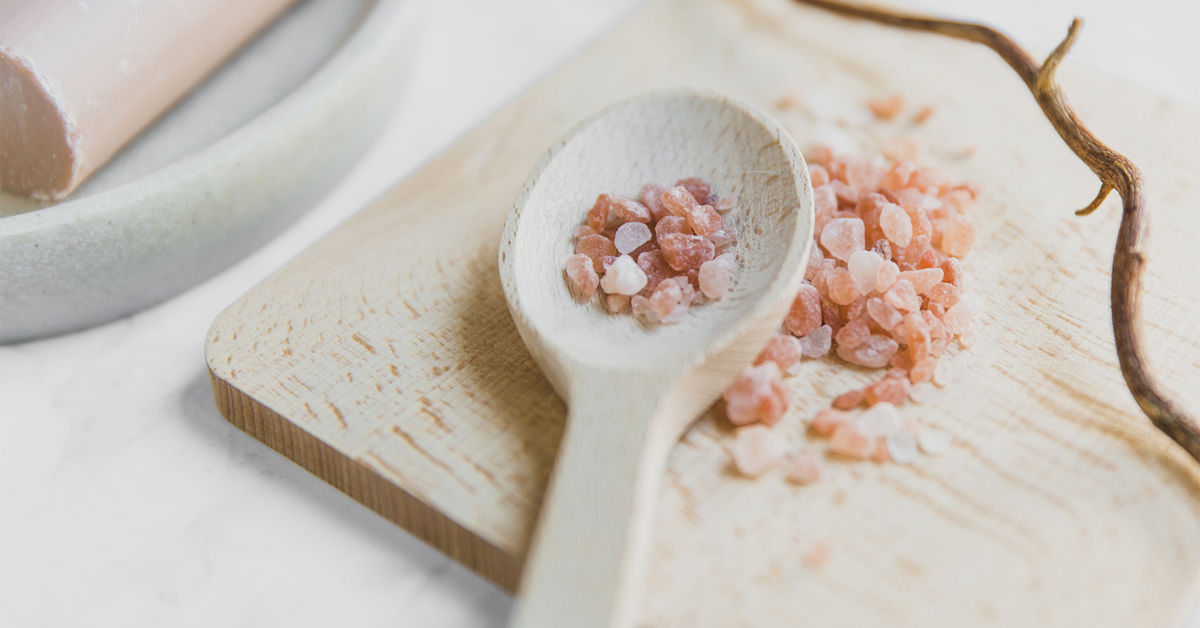Are you looking for the best incense for sleep? If so, you've come to the right place. In this blog post, we'll discuss some of the best incenses for sleep and provide tips on how to use them. We'll also discuss the benefits of using incense for sleep and provide a few recommendations for those looking to purchase incense for this purpose. So, whether you're looking for a new way to relax before bed or are simply curious about incense, keep reading!
#1. Lavender
Lavender incense is one of the most popular scents used to promote sleep and relaxation. The fragrance of lavender has been shown to have calming and soothing effects, which can be helpful in promoting sleep. In addition to its pleasant scent, lavender incense also contains linalool, a compound that has sedative and hypnotic effects.
There are many ways to use lavender incense for sleep. One option is to simply light a stick or cone of incense and allow the fragrance to fill the room. This can be done before bedtime or anytime during the day when you need a relaxing break. Alternatively, you can put some lavender oil on a cotton ball and place it near your pillow so that you can breathe in the scent as you drift off to sleep.
If you are looking for a more potent way to use lavender for sleep, you can make tea using dried lavender flowers. Steep one tablespoon of lavender flowers in boiling water for 10 minutes, then strain and drink before bedtime.
When using any type of incense, it is important to be aware of potential side effects and take precautions accordingly. It is also important to avoid using lavender incense if you are pregnant or breastfeeding. If you have any concerns about using lavender incense, please consult with a healthcare professional before using it.
#2. Chamomile
Chamomile incense is one of the best natural sleep aids available. Chamomile has a long history of use as a relaxant and sedative, and its calming effects are well-documented. Chamomile incense can help to ease you into a restful sleep, and it can also be used to reduce anxiety and stress levels.
There are many different ways to use chamomile incense, but one of the simplest and most effective methods is to burn it in a diffuser. This will release a calming fragrance into the air, which will help to promote relaxation. You can also add a few drops of chamomile oil to your bathtub or add some dry chamomile flowers to a pillowcase.
If you are new to using chamomile incense, it is important to start with a low dose and gradually increase the amount you use over time. This will help to avoid any unwanted side effects. Chamomile is generally considered safe for most people, but it is always best to speak with a healthcare provider before using any new herbal remedy.
When using chamomile incense for sleep, it is important to create a relaxing environment in your bedroom. This means dimming the lights, turning off electronics, and making sure the room is quiet and comfortable. It can also be helpful to practice some relaxation techniques before going to bed. Once you are ready for sleep, take some deep breaths and allow the soothing scent of chamomile incense to lull you into a peaceful slumber.
#3. Vanilla
If you're looking for a natural way to improve your sleep, consider using vanilla incense. This type of incense has been shown to provide numerous benefits, including reducing stress and promoting relaxation.
There are many different ways to use vanilla incense for sleep. One popular method is to burn it in an oil diffuser or incense burner. This will release a soothing fragrance into the air, helping you to relax and drift off to sleep.
Another option is to add a few drops of vanilla essential oil to your pillow before bedtime. This will help to lull you into a deep slumber, making it easier to get the rest you need.
Vanilla incense can also be used in conjunction with other relaxation techniques, such as yoga or meditation. By combining the two, you can create a powerful tool for combatting insomnia and improving your sleep quality.
If you're new to using vanilla incense for sleep, start with a small amount and increase it gradually until you find the perfect dosage for your needs. It's important to be patient and experiment a bit to find what works best for you. And always take care to follow any safety precautions that come with the product.
Used correctly, vanilla incense can be a helpful addition to your sleep routine. It's safe, natural, and best of all, it actually works! So if you're struggling to get a good night's rest, give this method a try. You just might be surprised at how well it works.
#4. Ylang Ylang
Ylang-ylang incense has long been used for its calming and relaxing effects, making it a popular choice for those seeking a good night's sleep. The pleasing scent of ylang-ylang is thought to be due to its high levels of linalool and geraniol - two compounds known for their ability to reduce stress and promote relaxation.
There are several ways to use ylang ylang incense in order to maximize its sleep-inducing benefits. One method is to simply light a stick or cone of incense and allow the fragrance to fill the room; another is to add a few drops of ylang-ylang oil to a diffuser or vaporizer. For those who prefer a more direct approach, applying a few drops of ylang-ylang oil to the temples or wrists before bedtime can also be effective.
As with any type of incense, it's important to use ylang ylang in a well-ventilated room to avoid any potential irritation to the lungs. It's also worth noting that, due to its relaxing effects, ylang-ylang should not be used before driving or operating heavy machinery. Other than that, there are no known side effects associated with using this particular incense - making it a safe and natural way to enjoy a deep, restful sleep.
#5. Jasmine
When it comes to finding incense that can help you sleep, jasmine is one of the best options out there. This is because jasmine has proven effects on the nervous system, helping to promote relaxation and ease anxiety. Additionally, the pleasant aroma of jasmine incense can help to create a calming atmosphere in your bedroom, making it easier to fall asleep.
If you're looking to try jasmine incense for sleep, it's important to choose a high-quality product made with pure essential oils. It's also important to follow the instructions for use carefully, as too much incense smoke can actually have the opposite effect and make it difficult to sleep. Finally, be sure to keep your bedroom well-ventilated while using incense to avoid any negative side effects.
When used correctly, jasmine incense can be a powerful tool for promoting better sleep. If you're struggling with insomnia or simply want to create a more relaxing environment in your bedroom, give jasmine incense a try.
#6. Sandalwood
Sandalwood has been used as incense for centuries in a variety of cultures. The sweet, woody scent is thought to be relaxing and promotes sleep. While there is no scientific evidence to support these claims, many people find that sandalwood's scent helps them relax and drift off to sleep.
There are a number of ways to use sandalwood for sleep. One popular method is to burn sandalwood incense sticks before bedtime. This can help to fill the room with the calming scent of sandalwood and create a relaxing environment for sleep. Alternatively, you can add a few drops of sandalwood oil to your diffuser or vaporizer. Inhaling the scent of sandalwood oil is thought to be just as effective as burning incense sticks.
If you decide to use sandalwood for sleep, it is important to take a few precautions. Avoid using sandalwood oil if you have sensitive skin or are pregnant. It is also important not to burn incense sticks near an open flame and to keep them out of reach of children and pets. When used safely, sandalwood can be a helpful tool for promoting relaxation and sleep.
#7. Frankincense
Frankincense incense has been used for centuries as a natural remedy for a variety of ailments. In recent years, it has gained popularity as an effective treatment for insomnia and other sleep disorders.
There are several explanations for how frankincense incense works to improve sleep. One theory is that the fragrance of frankincense helps to relax the mind and body, making it easier to fall asleep. Additionally, the smoke from burning frankincense contains terpenes, which are known to have sedative effects.
The benefits of using frankincense incense for sleep are numerous. Not only can it help you fall asleep more quickly, but it can also improve the quality of your sleep. Frankincense incense can also help to reduce stress and anxiety, both of which can contribute to insomnia.
To use frankincense incense for sleep, simply light a stick or cone and allow the smoke to fill the room. You can also add a few drops of frankincense oil to your diffuser. Inhaling the fragrance for 10-15 minutes before bedtime should help you to drift off to sleep more easily.
As with any natural remedy, there are a few precautions you should take when using frankincense incense for sleep. If you have asthma or other respiratory conditions, it’s important to consult with your doctor before using frankincense smoke. Additionally, pregnant women and young children should avoid using frankincense incense. If you have any other concerns, please speak with your healthcare provider before using frankincense for sleep.
#8. Rose
Rose incense has long been used for its calming and relaxing properties, making it an ideal choice for promoting sleep. The floral scent of roses is known to be soothing and can help to ease anxiety and stress, which can often be the cause of insomnia. Research has shown that the aroma of roses can help to reduce heart rate and blood pressure, both of which can contribute to a better night's sleep.
To use rose incense for sleep, simply light a stick or cone and allow the fragrance to fill the room. You can also place a few drops of rose oil on your pillow before going to bed. Inhaling the scent of roses before bedtime can help you drift off to sleep more easily and enjoy a deeper, more restful sleep.
As with any type of incense, it's important to use Rose Incense in a well-ventilated room to avoid any negative effects on your health. If you have asthma or other respiratory conditions, it's best to avoid using incense altogether. Otherwise, enjoy the sweet scent of rose incense and let it help you get a good night's sleep!
#9. Clove
Clove incense is one of the most popular types of incense for sleep. Clove oil has been used for centuries as a natural remedy for insomnia and other sleep disorders. The main reason why clove incense is so effective at promoting sleep is that it contains eugenol, a natural sedative that can help to relax the body and mind. Eugenol is also known for its ability to reduce stress and anxiety levels.
In addition to its sedative effects, clove oil also has antiviral, antibacterial, and antifungal properties. This makes it an ideal choice for people who suffer from allergies or asthma, as it can help to purify the air and reduce inflammation. When burned, clove incense also releases a pleasant, spicy aroma that can help to create a calming and relaxing environment.
To use clove incense for sleep, simply light a stick or two and allow the smoke to fill the room. You can also add a few drops of clove oil to a diffuser or burner. Inhaling the fumes from clove incense before bedtime can help to induce sleep and provide relief from insomnia. However, it is important to exercise caution when using this method, as inhaling too much smoke can cause headaches or dizziness. If you experience any negative side effects, discontinue use immediately.
#10. Nutmeg
Nutmeg incense has long been used as a natural remedy for insomnia and other sleep disorders. The main active ingredient in nutmeg is myristicin, which has sedative and hypnotic effects. Inhaling the fumes of burning nutmeg can help to induce sleepiness and relaxation.
There are several ways to use nutmeg incense for sleep. One method is to place a small piece of nutmeg in a heat-resistant dish, then light it with a match or candle lighter. Allow the nutmeg to burn for a few minutes, then blow out the flame and allow the smoke to fill the room. Another way to use nutmeg incense is to add a few drops of essential oil to a diffuser. Nutmeg oil can be diffused alone or combined with other relaxing oils such as lavender or chamomile.
If you are using nutmeg incense for the first time, it is important to start with a small amount. Inhaling too much smoke can cause headaches, nausea, and vomiting. It is also important to make sure that the room is well-ventilated to avoid dizziness or lightheadedness. Nutmeg incense should not be used by pregnant women, breastfeeding mothers, or children under the age of 18. If you have any medical conditions, please consult your doctor before using nutmeg incense.
#11. Cinnamon
Cinnamon incense is one of the best options for those looking for a natural way to improve their sleep. Unlike many other forms of incense, cinnamon actually has some scientific backing when it comes to its effects on sleep. A study published in the Journal of Ethnopharmacology found that cinnamon oil was able to significantly reduce the amount of time it took participants to fall asleep. In addition, the study found that cinnamon oil also improved the quality of sleep, with participants reporting deeper and more restful sleep.
So how does cinnamon incense work? The main active ingredient in cinnamon is cinnamaldehyde, which studies have shown can help to promote drowsiness and relaxation. Additionally, cinnamon oil has been shown to increase levels of the sleep-promoting hormone melatonin. One study even found that simply smelling cinnamon oil was enough to increase melatonin levels and improve sleep quality.
To use cinnamon incense for sleep, simply light the incense and let it burn for a few minutes before blowing it out. The scent of the burning cinnamon will help to promote relaxation and drowsiness, making it easier to fall asleep. If you find the smell of cinnamon too strong, you can try diluting it with another type of oil such as lavender oil. Just add a few drops of lavender oil to your cinnamon incense before lighting it.
As with any type of incense, it's important to be cautious when using it. Make sure to keep the incense in a safe place where it can't be knocked over, and never leave it burning unattended. In addition, pregnant women and young children should avoid using cinnamon incense due to the potential risks associated with inhaling the smoke. If you have any concerns, it's always best to speak to a doctor before using cinnamon incense or any other type of incense.
So, what incense makes you fall asleep?
There are many different types of incense available on the market, so it can be difficult to know which ones are best for sleep. However, there are a few general guidelines that can help you choose the right incense for your needs.
First, it is important to choose incense with a relaxing scent. Lavender and chamomile are two popular choices for their ability to promote relaxation.
Second, you will want to select an incense that has a slow burn rate. This will help ensure that the scent lasts throughout the entire night.
Finally, it is also important to consider the size of the room you will be burning the incense. If you have a large room, you will need to choose stronger incense in order to fill the space.
We’ve put together a list of the eleven best incense for sleep, but we want to know what you think. Do you have a favorite incense that wasn’t mentioned? Let us know in the comments below. And if you found this post helpful, be sure to share it with your friends and family. Thanks for reading!
Related articles
Show moreSource
1. A Systematic Review of the Effect of Inhaled Essential Oils on Sleep
https://www.liebertpub.com/doi/abs/10.1089/acm.2013.0311
2. The effect of aromatherapy with orange essential oils on sleep quality in the school-age children whit ALL
http://cmja.arakmu.ac.ir/article-1-296-en.html
3. Trial of Essential Oils to Improve Sleep for Patients in Cardiac Rehabilitation
https://www.liebertpub.com/doi/full/10.1089/acm.2019.0222
4. Effects of Aromatherapy with Lavender and Peppermint Essential Oils on the Sleep Quality of Cancer Patients: A Randomized Controlled Trial
https://www.hindawi.com/journals/ecam/2020/7480204/

